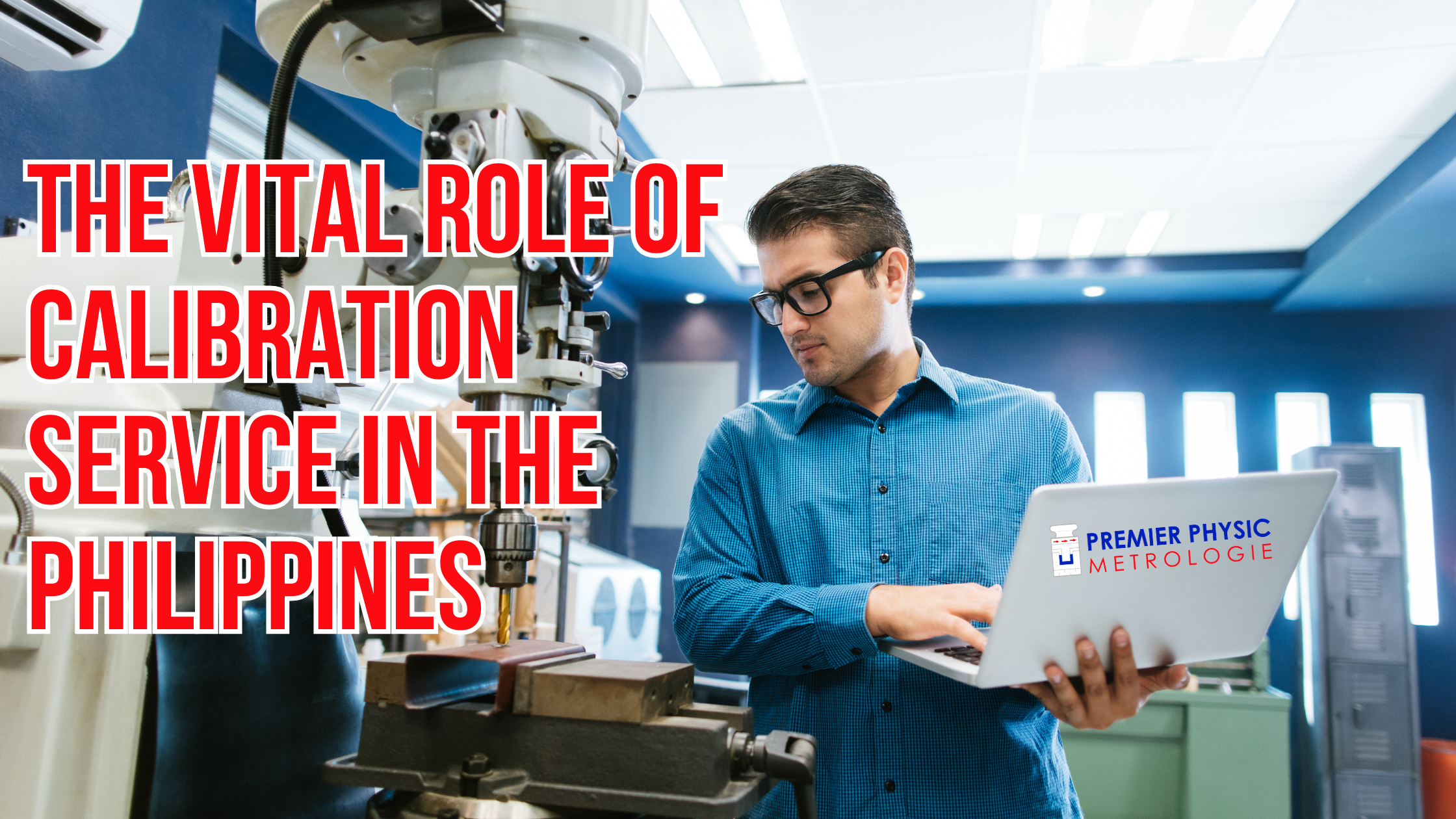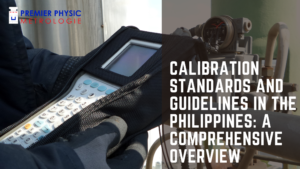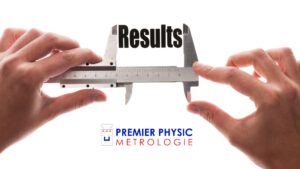Introduction
As industries become more technologically advanced, ensuring the accuracy and precision of equipment is vital. Calibration service plays an essential role in this process. Put simply, calibration involves comparing the measurement of a piece of equipment to a known standard and making necessary adjustments to ensure accuracy. There are different types of calibration services, depending on the industry and equipment involved. These can range from electrical and mechanical to temperature and pressure calibration. The importance of calibration service cannot be overstated. It ensures that companies comply with regulations and standards, increases efficiency and productivity, and reduces the risk of errors and equipment failure. Industries that require calibration service include pharmaceutical and biotech, oil and gas, aviation and aerospace, medical devices, and food and beverage. Having regular calibration service leads to a longer lifespan of equipment, cost savings, and reduced downtime. Choosing the right calibration service provider is crucial. Consider their experience and expertise, accreditations and certifications, and turnaround time and customer service. Calibration service is vital for maintaining industry standards and ensuring the accuracy and precision of equipment. Trusting experts in the field is key to ensuring the success and longevity of a business.
What is Calibration Service?
Calibration service is the process of comparing the output of a measuring instrument against the standard value of the equipment. This process is essential to ensure that the measuring instrument’s readings are accurate, reliable, and consistent. Calibration is necessary for a wide range of instruments such as pressure gauges, temperature sensors, weighing scales, and more. There are various types of calibration services that cater to different instruments and applications. These include in-house calibration, on-site calibration, and third-party calibration. In-house calibration is performed within the company’s facilities, while on-site calibration is done at the client’s location. Third-party calibration is carried out by a certified and accredited calibration service provider. They also offer traceable calibration certificates that assist in compliance with various industry standards and regulations. Calibration service is vital in maintaining the precision of equipment. Inaccurate readings may lead to faulty products, safety hazards, or even loss of life in critical applications such as medical devices and aerospace. Calibration guarantees that measurements are of high accuracy and precision standards as per the regulation requirements. Overall, the importance of calibration service is clear in ensuring accuracy, precision, and safety. It is recommended for companies and organizations to regularly calibrate their instruments. With a reliable calibration service provider, clients can expect faster turnaround time, reduced downtime, and increased productivity.
The Importance of Calibration Service
Calibration service may sound like a mouthful, but it is actually a process that should be taken seriously, especially in industries that heavily rely on advanced equipment. Ensuring accuracy and precision of equipment, compliance with standards and regulations, and increased productivity and efficiency are just a few of the reasons why calibration service is important. Imagine using a thermometer to check if your child has a fever. If the thermometer is not calibrated properly, it can give an inaccurate reading, which can lead to incorrect treatment. This is just one example of how important calibration is, not just in healthcare but also in other industries such as manufacturing, aviation, and oil and gas. Compliance with standards and regulations is another important factor in calibration service. Proper calibration ensures that a company is following industry regulations and standards, which can avoid costly fines, lawsuits, or even shutdowns due to non-compliance. Calibration service does not only benefit the company’s overall compliance and accuracy, but also contributes to increased productivity and efficiency. Calibrated equipment ensures that the company is working at its optimum performance and can reduce the risk of downtime and equipment failure. It also guarantees that the equipment is working within its design specifications and can reduce energy consumption, leading to cost savings. As industries continue to grow and become more competitive, calibration service is becoming an increasingly vital aspect of maintaining efficient and compliant operations. Thus, it is crucial to choose the right calibration service provider that has experience, expertise, and the necessary accreditations and certifications, while also providing excellent turnaround time and customer service. Remember, it is not just about calibrating equipment, but about ensuring accuracy, compliance, productivity, and efficiency. Calibration service is a small investment that can save a company from significant losses in the long run.
Industries that Require Calibration Service
Industries that Require Calibration Service: Calibration services are an essential part of maintaining the accuracy and precision of equipment used in various industries. The following are some of the industries that require regular calibration services: Pharmaceutical and Biotech: In the pharmaceutical and biotech industries, accurate measurements are critical to ensure the safety and efficacy of drugs. Calibration services are required for equipment like centrifuges, thermometers, and spectrophotometers to maintain the accuracy and precision of measurements and to comply with regulatory standards. Oil and Gas: In the oil and gas industry, accurate measurements are necessary for efficient and safe operations. Calibration services are required for equipment like meters, gauges, and pressure transmitters to ensure the accuracy of measurements and prevent costly errors. Aviation and Aerospace: The aviation and aerospace industries rely on highly specialized and precise equipment to ensure the safety of passengers and crew. Calibration services are required for equipment like altimeters, flight data recorders, and air traffic control systems to maintain the accuracy and precision of measurements. Medical Devices and Healthcare: The medical device and healthcare industry require precise measurements to ensure the safety and effectiveness of treatments. Calibration services are required for equipment like blood glucose meters, EKG machines, and surgical tools, to maintain the accuracy and precision of measurements and ensure compliance with regulatory standards. Food and Beverage: The food and beverage industry requires precise measurements to ensure product quality and safety. Calibration services are required for equipment like scales, thermometers, and pH meters to maintain the accuracy and precision of measurements and ensure compliance with regulatory standards. Having a regular calibration service for equipment in these industries is essential to ensure compliance with standards and regulations, increased productivity and efficiency, and reduced downtime and risk of failure. The right calibration service provider can help businesses achieve these benefits efficiently and effectively.
Benefits of Having Regular Calibration Service
Regular calibration service is vital for ensuring the accuracy and precision of equipment used in various industries. The benefits of having regular calibration service are many, some of which include longer lifespan of equipment, cost savings, and reduced downtime and risk of failure. Equipment that undergoes calibration regularly tends to last longer compared to equipment that is not calibrating regularly. Routine calibration services help to identify potential problems early on, which can prevent equipment from breaking down unexpectedly. By detecting and solving minor issues immediately, maintenance costs can be kept to a minimum, which helps to save money in the long run. Another benefit that comes with regular calibration service is cost savings. When equipment is calibrated regularly, the costs of repairing the equipment are reduced significantly. With reduced repair cost, companies can save money on their budget, which they can invest in other things. Besides, regular calibration services also reduce the need to replace equipment prematurely which can save on the cost of new equipment. Furthermore, regular calibration service can help to prevent downtime and reduce the risk of failure. When equipment fails, it can lead to a significant disruption of operations. This can lead to lost profits and decreased productivity. By having equipment calibrated regularly, potential problems can be identified and corrected before they lead to equipment failure. This means that companies can avoid downtime and keep their operations running smoothly. In conclusion, the benefits of regular calibration services are significant. Companies that use equipment that requires calibration should invest in regular calibration services to ensure accuracy and precision, cost savings, reduced downtime, and longer lifespan. With the right calibration service provider, companies can keep their equipment in peak condition, which can lead to increased productivity and improved profitability.
Choosing the Right Calibration Service Provider
When it comes to choosing the right calibration service provider, there are a few key points that you should keep in mind. Firstly, experience and expertise are crucial in ensuring that your equipment is calibrated accurately and precisely. You want to work with a provider who has a track record of delivering quality services and who has an in-depth understanding of your industry and processes. Secondly, look for a service provider who has the necessary accreditations and certifications. This demonstrates that they have met the required industry standards and that they are committed to continuous improvement. It is also important to ensure that they have the capability to calibrate a variety of equipment and instruments that are specific to your industry. Turnaround time is another important consideration when choosing a calibration service provider. You want to work with someone who can complete the calibration process quickly and efficiently, minimizing the downtime associated with taking your equipment out of service. Finally, customer service is a critical element of any successful business relationship. A good calibration service provider will be responsive, transparent, and communicative, keeping you informed every step of the way. Overall, choosing the right calibration service provider is vital for ensuring the accuracy and precision of your equipment, complying with industry standards and regulations, and minimizing downtime and risk of failure. By keeping these key considerations in mind, you can make an informed decision and select a provider who is best suited for your business needs.
Conclusion
To sum it up, calibration service is a crucial aspect of many industries in the Philippines, as it ensures the accuracy and precision of equipment, compliance with standards and regulations, and increased productivity and efficiency. Regular calibration service can result in longer equipment lifespan, cost savings, and reduced risk of failure. When choosing a calibration service provider, experience, expertise, accreditations, certifications, turnaround time, and customer service should be considered. So, don’t neglect the importance of calibration service and choose a reliable provider for your equipment’s better performance and longer lifespan.




